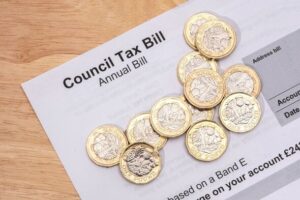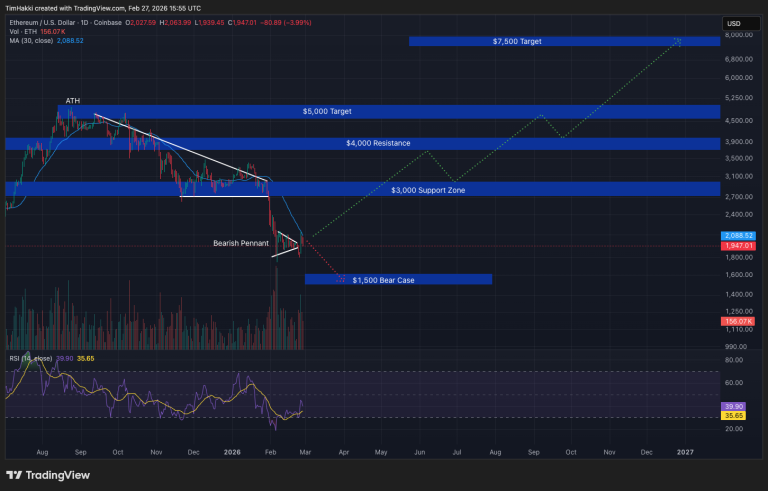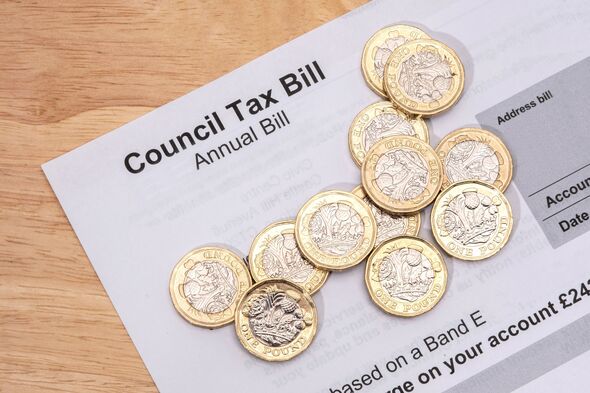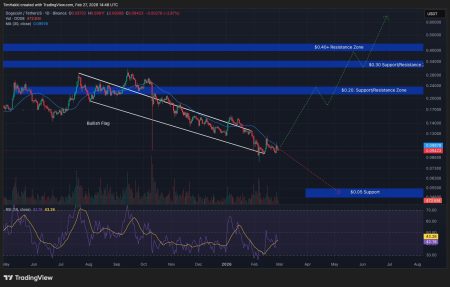
The Chancellor is under pressure to dramatically reduce the tax-free lump sum people can withdraw from their pension nest egg.
Currently, workers can take out a maximum sum of £268,275 without paying tax, which many people count on to pay off debts, such as mortgages.
However, the government is under pressure to reduce this figure to £100,000, which would mean any further withdrawals would likely be taxed at 40 percent or even 45 percent.
Making this change would mean someone who can now withdraw £268,275 tax-free would face a tax bill of £67,000-£75,000.
Alternatively, people could decide to limit their lump sum withdrawal to £100,000 which would mean there is a higher figure left in their pension to pay out a larger annual income through their retirement.
The idea of limiting the tax-free lump sum to £100,000 is being pushed by the Fabian Society, which is a leading left-of-centre think tank.
A report from the group also advocates introducing a flat rate for tax relief on pension contributions and bringing pension pots into inheritance tax.
It argues that a combination of these initiatives could bring a net boost in tax income of some £10 billion with the burden largely falling on the wealthiest people in society.
Fabian Society general secretary and report author, Andrew Harrop, said the government could keep the Winter Fuel Payment if it opts to raise money by changing pension and tax rules.
“Pension tax relief is very expensive and very unequal,” he said.
“Rachel Reeves needs to raise revenue while also safeguarding family living standards.
“But there are choices as to how she does this and who is targeted. As part of her tax-raising October budget, instead of the blunt tool of means testing Winter Fuel Allowance, the chancellor should introduce reforms to pension tax relief that save money, protect low and middle earners and target only people with higher incomes.”
Tom McPhail, of pensions consultancy the Lang Cat, warned that reducing the lump sum would inevitably affect older people’s retirement plans.
“The main problem for people approaching retirement would be for those using the lump sum to pay off their mortgage, or plough into a business, or help their children get onto the housing ladder,” he said.
“If the Government changes the rules, people in their late 50s and early 60s will still be able to do so, but will have to pay a huge wedge of tax.
“They would possibly be paying 45 percent tax on £150,000 or more, so it would take a big chunk out of their retirement pots.”
Mr McPhail told the Telegraph that slashing the lump sum would amount to raising income tax “by the backdoor”.
He said: “Rachel Reeves explicitly promised not to increase income tax. But income tax is the mechanism through which cutting the tax-free lump sum would raise revenue, as it’s an exemption from paying income tax.”
Tom Selby, director of public policy at AJ Bell, said: “Any move to attack pensioners’ tax-free cash would be deeply unpopular and fundamentally undermine wider government efforts to boost long-term investing, including in UK Plc.
“It would also inevitably be hugely complicated, as those who have already built up entitlements to tax-free cash under the existing rules would almost certainly need to be protected against a retrospective retirement tax.”



















